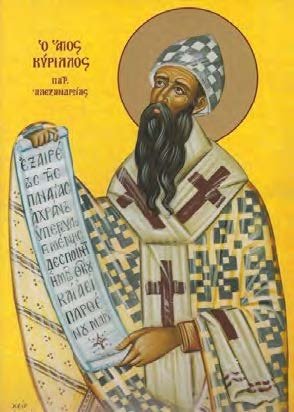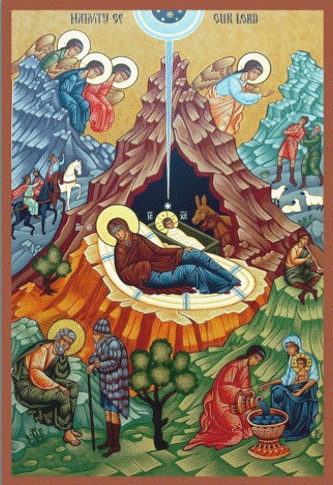 As I suggested in the last issue of this article, it is important in considering the power of the New Testament (NT) to consider three things: the Word OF Jesus, the Word ABOUT Jesus, and Jesus AS THE WORD. I then briefly presented some ideas about the Word OF Jesus. I would now consider the Word ABOUT Jesus.
As I suggested in the last issue of this article, it is important in considering the power of the New Testament (NT) to consider three things: the Word OF Jesus, the Word ABOUT Jesus, and Jesus AS THE WORD. I then briefly presented some ideas about the Word OF Jesus. I would now consider the Word ABOUT Jesus.
Throughout the NT we encounter the expression “Word of truth” as a synonym for the Gospel proclamation. “Truth” signifies both the message of revelation and the divine reality that is revealed. Christ Himself IS the truth in that He both announces and embodies that truth. The “Word of truth” is a creative word that engenders “children of God” by introducing them into the new life of the Kingdom, implicitly or explicitly through the sacrament of baptism. Thus St. Paul can declare that “the Gospel is the power of God for the salvation of all who believe”, precisely because “the Word of God operates in you who believe.” The amended passage of I Peter 1:22-25 also makes clear the fact that in apostolic times the saving power of the word – like that of the sacraments – was known to be contingent upon faith and repentance: “Having purified their souls by obeying the truth through the Spirit, to exercise unfeigned fraternal love… having been regenerated not by corruptible seed, but by incorruptible, through the living and abiding Word of God,” the faithful are joined to Christ through a constant renewal of their baptismal commitment. Because of the truly indispensable role of faith and repentance in the work of salvation, the sacrament can only be conceived by cooperation between man and God.
It should be remembered that our Eastern spirituality stresses the fact that our salvation is accomplished when we cooperate with God’s graces (help) and more deeply actualize the potential within us to be like Jesus, the Christ. This is the true understanding of an idea that all my readers should be very familiar with, Theosis. Of course Theosis cannot be real in our lives without faith and repentance which is more clearly understood as metanoia.
Metanoia, as I am sure my readers will recall, is a transliteration of the Greek μετάνοια, and can be defined as “a transformative change of heart; especially: a spiritual conversion.” The term suggests repudiation, change of mind, repentance, and atonement; but “conversion” and “reformation” may best approximate its connotation. Prayer and penance, of course, helps!


